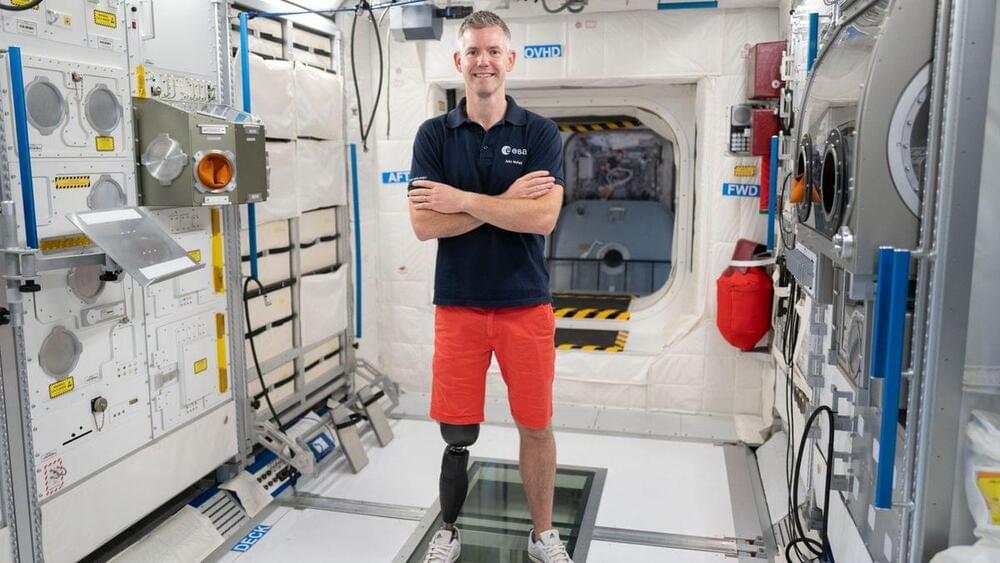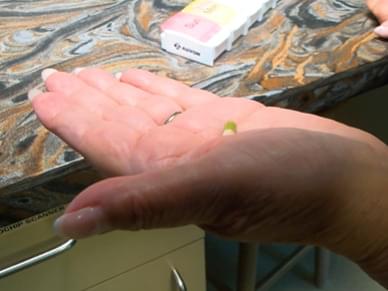Innovative Diagnostic Solutions To Enhance Patient Experiences And Health Provider Decisions — Dr. Deborah Sesok-Pizzini, MD, MBA — Chief Medical Officer & Senior Vice President, Labcorp Diagnostics; Global Head of Quality And Discipline Director, Immunohematology.
Dr. Deborah Sesok-Pizzini, MD, MBA, is Chief Medical Officer And Senior Vice President, Labcorp Diagnostics, and Global Head of Quality And Discipline Director, Immunohematology, Labcorp (https://www.labcorp.com/deborah-sesok…), where she is involved in furthering the company’s initiatives to enhance the patient experience, enable health provider decisions and develop innovative testing solutions.
Dr. Sesok-Pizzini joined Labcorp with over two decades of experience in healthcare, holding multiple appointments with The Children’s Hospital of Philadelphia, including Patient Safety Officer, Chief of the Division of Transfusion Medicine and Vice-Chief of Pathology and Laboratory Medicine. She was also a professor of clinical pathology and laboratory medicine at the Perelman School of Medicine at the University of Pennsylvania in Philadelphia, PA.
Dr. Sesok-Pizzini earned her medical degree from the Penn State College of Medicine and did her residency and fellowship at The University of Pennsylvania’s Perelman School of Medicine. She also graduated from Villanova University, with a Master of Business Administration degree with a concentration in finance.
Dr. Sesok-Pizzini holds certifications in clinical pathology and blood bank and transfusion medicine. She is a member of the College of American Pathology, the American Society of Clinical Pathology, and the Association for the Advancement of Blood and Biotherapies. She is a board member of the Intersociety Council for Pathology Information and serves as an adjunct professor with the University of Pennsylvania’s Perelman School of Medicine.






